Handmade Jewellery Fabrication
Handmade jewellery fabrication is a considered and creative process carried out by jewellers and skilled craftspeople all over the world. It involves a variety of techniques to create truly unique pieces, while also having a long history of cultural and social significance. The creative nature of the process means that the outcome can be stunning, showing the beauty and skill of the jeweller’s craft.
Varying sets of design
The process of handmade jewellery fabrication is one of shaping metal, and partnering it with other materials, to create stunning pieces of ornaments. It typically begins with a design; this could be from a client, or from the jeweller’s own portfolio. The designs can vary greatly depending on their specific purpose; for example, an engagement ring will be vastly different from a pair of cufflinks. The designs need to take into consideration any engraving or stones that will be used, as the detailed nature of the pieces makes them all the more unique.
Working with different metals
The handmade jewellery fabrication then starts in earnest. Those who work with metals must first decide which type they will use, as each metal has its own benefits and drawbacks. Silver is popular in ornaments as it can be cut and soldered relatively easily, and is quite malleable. Gold is also popular, but is a much more expensive option. Jewellers may use a combination of metals to create their pieces, perfectly balancing strength and adornment.
Intricate shapes are chosen
Once the metal is selected, the fabrication process can begin. Depending on the desired outcome, the jeweller can choose from a variety of tools and techniques to shape the metal in precise and intricate ways. Chisels and gravers can be used to engrave the metal, and intricate shapes can be made using files and grinders. Strict attention to detail is essential in every step of this process, as any mistake could ruin the entire piece.
Using precious and semi-precious stones at its earnest
The next step is to use stones and other materials to achieve the desired effect. Depending on the design, precious and semi-precious stones can be selected to add colour and sparkle to the piece. Those working with metals may also add a patina, or a chemical treatment, to add depth and colour to their design.
Polishing and final finishing
Finally, the piece is polished and finished to make sure that it is ready for wear. This part is especially important, as an imperfect finish can not only spoil the look of the ornaments but can also damage the wearer’s delicate skin.
Is a Dedicated Piece of Art
The handmade jewellery fabrication process is a fine art, requiring the utmost care and attention to detail. It is a big responsibility for anyone to undertake, but when done correctly, the result satisfies both the jeweller and the wearer. Jewellery fabrication definitely has its own unique beauty and is unlikely to ever go out of style.
Handmade jewellery social significance
Jewellery has been a part of human culture for centuries and handmade ornaments have been crafted since long before the birth of the modern industry. Throughout the ages, each culture has had its own distinct aesthetics which has greatly influenced the way it effectively communicates social identity and significance. Jewellery crafted by hand has been an expression of self-expression, status, and wealth since time immemorial, and this significance still holds in our modern society.
Crafted jewellery by design
First of all, handmade jewellery is most commonly used to express and denote individual identity. Its aesthetic style and design speak to a person’s roots and culture, effectively giving people the opportunity to express themselves as a unique individual. This is especially true in societies where traditional attire is commonplace, as ornaments crafted by hand can be used to embellish the clothing and proclaim heritage and status. This can be seen in the elaborate and exquisite jangly jewellery often worn by women in traditional Indian clothing, such as Sarees and the Shalwar Kameez.
Attaining its social importance
Jewellery crafted by hand also serves to highlight a person’s social status. People use fine handmade jewellery to demonstrate their wealth and prestige, setting them Apart From Other Members Of The social circle with its magnificence, sparkle and intrinsic value. Ornaments often play a role in formal ceremonies and occasions, such as weddings and engagement parties, as a way of symbolizing the union and bringing a sense of greater significance and prestige. In some cultures, this is particularly important, as the ornaments serve to affirm the union between two people, and also signify their goodness, benevolence and generosity.
DWS Jewellery Pvt Ltd is an incredible business who have found success but continues to use its platform to promote positive social change and support local communities. Not only do they source precious metals and diamonds responsibly, celebrating the beauty of these materials, but they also donate a proportion of profits and collaborate with charities that empower those in need, providing access to education and better livelihoods. They recognize the importance of creating a sustainable future, so it’s great to know that with every purchase from DWS Jewellery both, you and those in need can benefit.
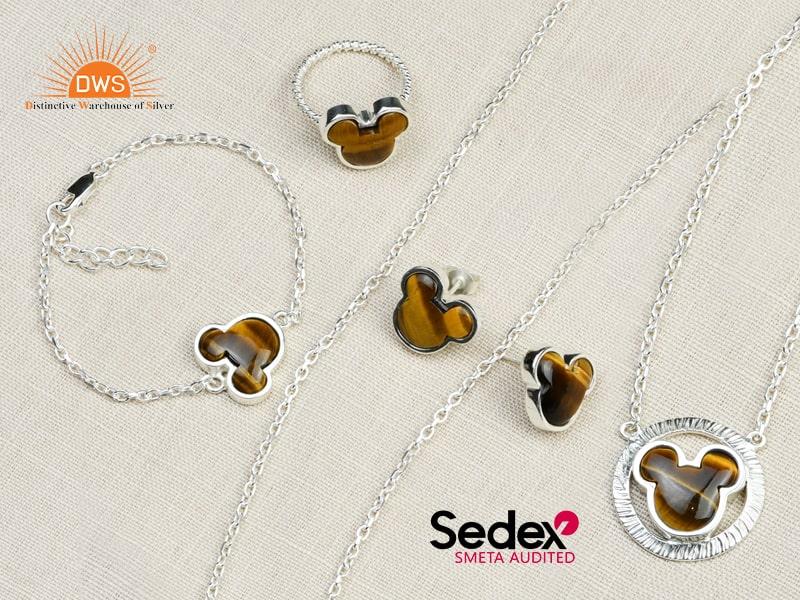
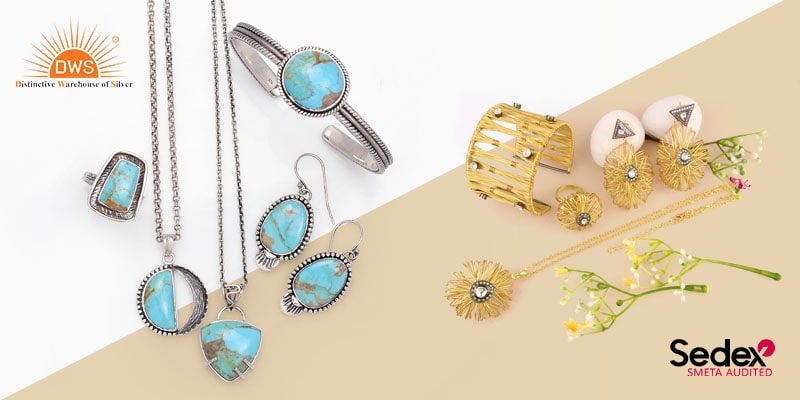
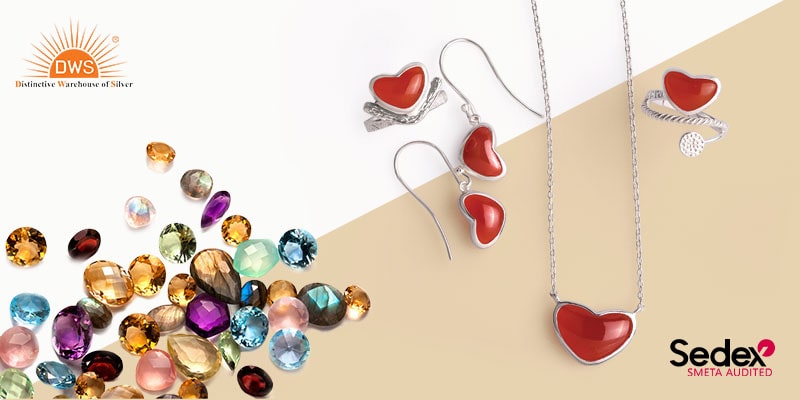
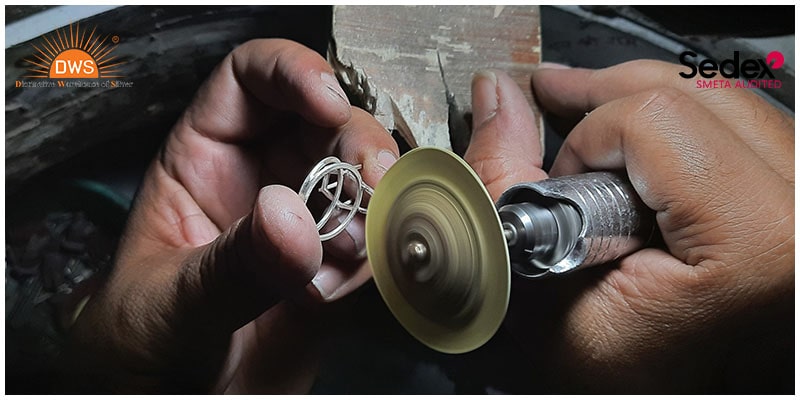
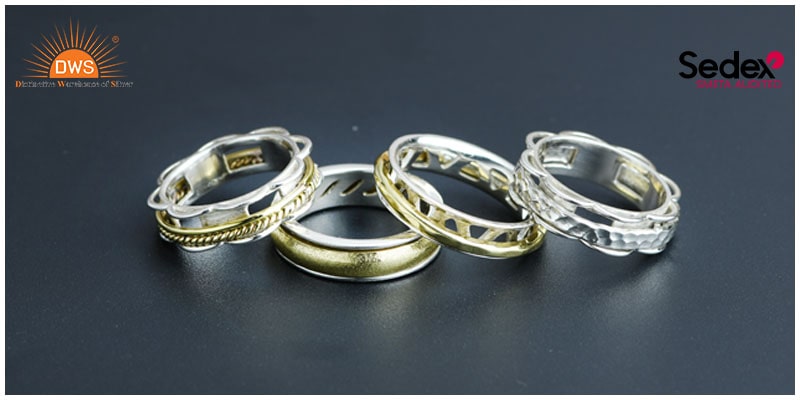

Comments
Post a Comment